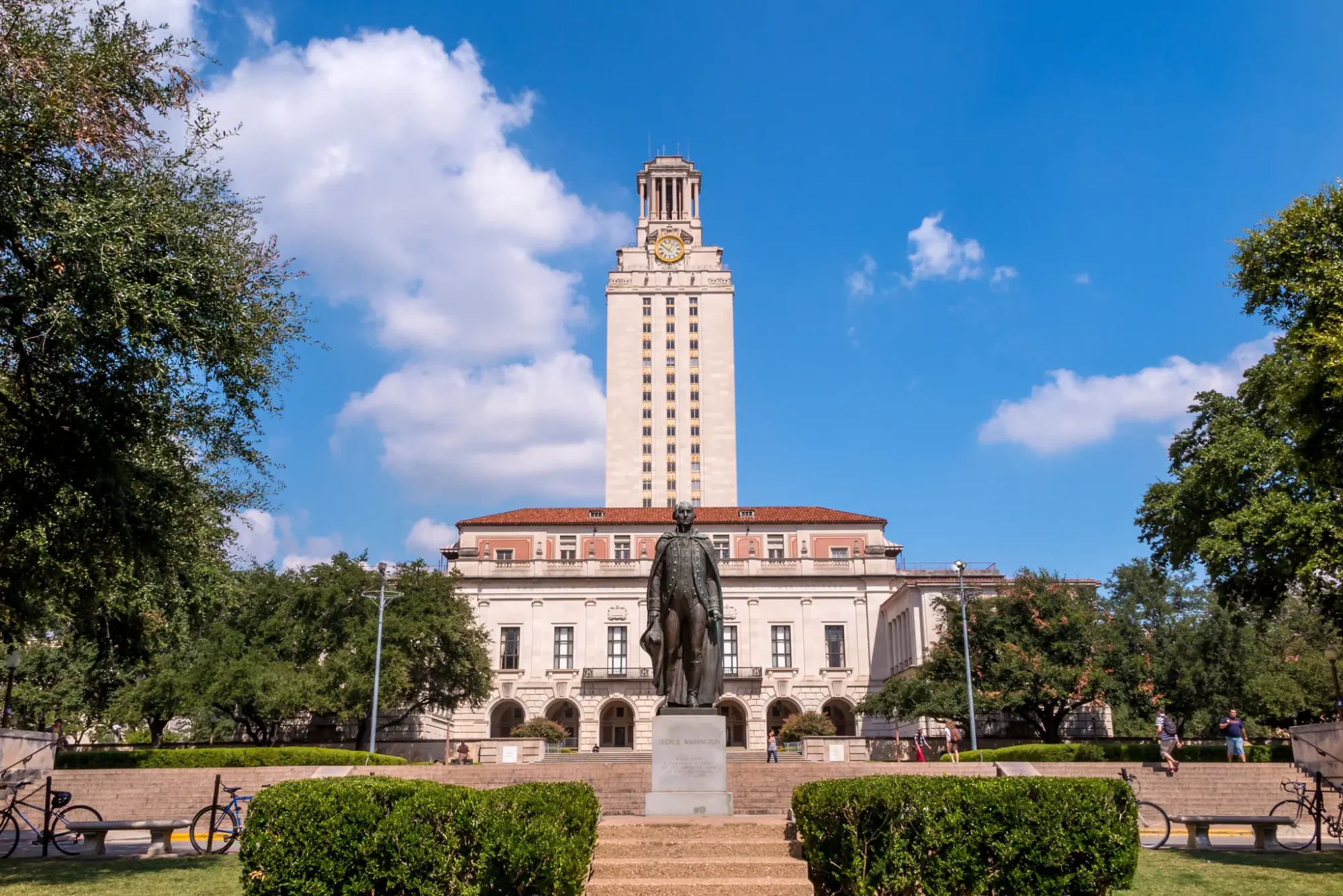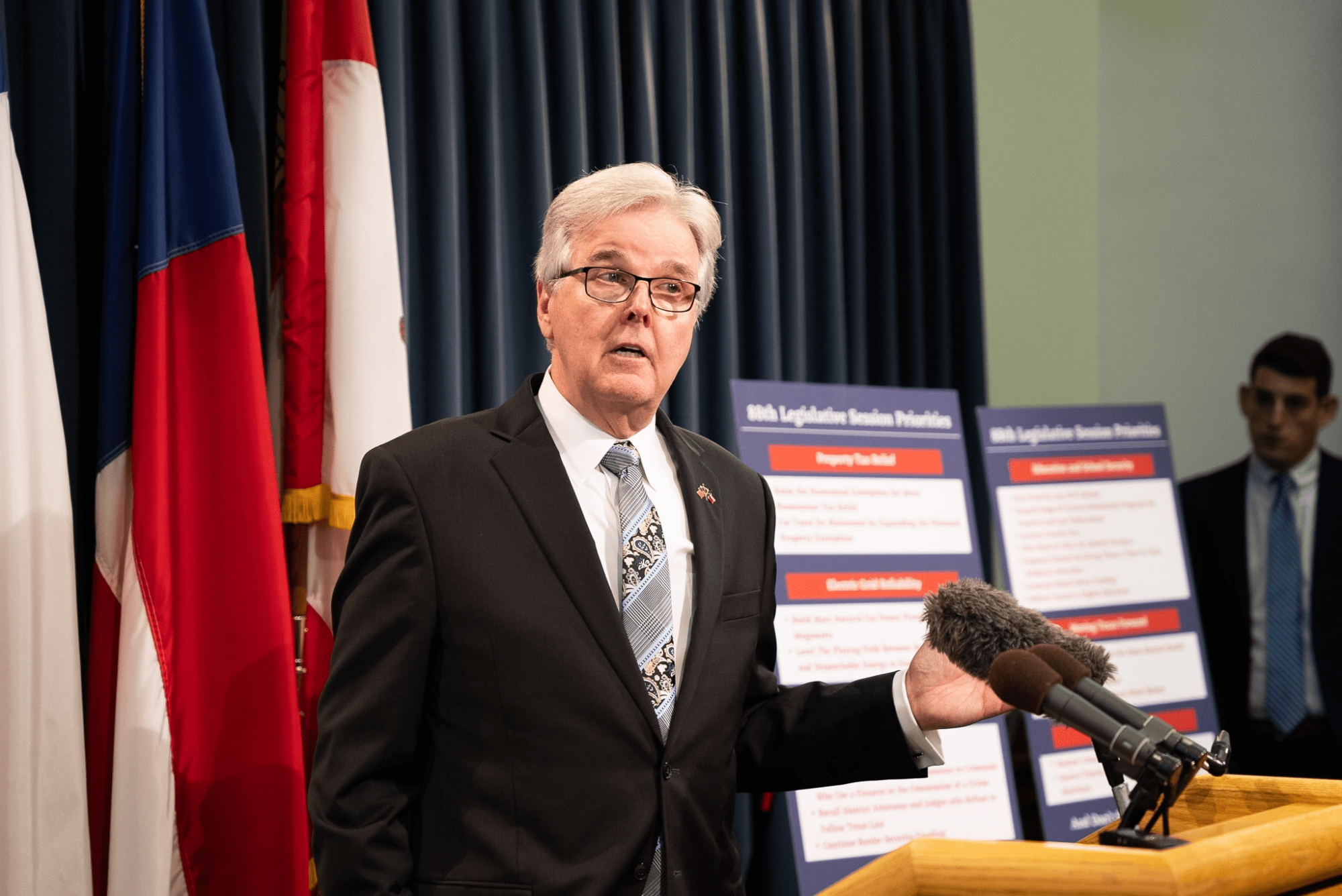Tired of watching the cost of tuition skyrocket at public universities? Proposition 3 will only exacerbate the problem. By creating a “revolving door” bond for subsidized tuition loans, it will continue the trend of artificially high tuition costs.
What’s wrong with idea of providing more money for student loans? It’s not obvious based on the wording as it will appear on the November 8th ballot:
“The constitutional amendment providing for the issuance of general obligation bonds of the State of Texas to finance educational loans to students.”
Sending more students to college is a good thing, right? In this case, the devil is in the details.

While increasing access to higher education is a laudable goal, the method this proposition employs is the wrong way to do it. And because of the intentionally vague language of the proposition, voters will be inadequately informed how it will work if they rely solely on the ballot for an explanation.
If passed, this proposition would give the Texas Higher Education Coordinating Board authority to issue “revolving door” bonds to finance subsidized tuition loans, just like Proposition 2 gives perpetual bonding authority to the Texas Water Development Board. There are two reasons why the THECB should not have this power.
First, like the problems with Proposition 2, it gives the THECB the ability to build permanent debt. Because they can issue bonds on a “continuing basis”, they never have to seek voter approval again, so long as the principal of the bonds continue to be paid back.
In other words, unelected bureaucrats can forever borrow money on behalf of the state, turn around and loan it to students in expectation that it will all be paid back, without ever coming back to the voters to approve of their actions. By implementing this “evergreen” provision as it’s now referred to, voters would all but sign away our rights to hold the THECB accountable and transparent.
Second, government should not be in the business of subsidizing any part of the market, let alone tuition loans. Conservatives understand that subsidies interfere with the true market value of a product or service, therefore prohibiting fair competition by favoring certain industries over another. The case of the state subsidizing tuition loans is no different.
Offering tuition loans at interest rates far lower than market value only takes business away from banks and credit unions because unlike the government, they must remain profitable to stay in business. And it’s no coincidence that the recent increase in availability of subsidized tuition loans has seen a dramatic increase in the cost of tuition along with it.
The reasoning is pretty simple. Once universities figure out the government is willing to put more money into higher education to lower costs, the universities raise their tuition rates. Students and parents see this and come back to the government, looking for it to spend more money. Once it obliges, the universities raise their rates again, and the vicious cycle continues. The result is that the cost of higher education becomes artificially inflated because there are no free market forces in place to keep it in check.
Anybody currently attending or with children in college can attest to the seriousness of the problem the costs are becoming. Tuition at The University of Texas at Austin is growing at over twice the rate of U.S. inflation, without any signs of improvement in quality. And with student loan debt now surpassing credit card debt in America, higher education may soon be seen as a barrier to, not a catalyst of, financial success.
If increasing the access to higher education is truly the goal, then we need to look towards increasing the efficiency, accountability and transparency of our public universities, not towards more subsidies.




